Hair growth in women is often seen as a reflection of overall health. But beneath the surface, the real drivers of hair growth are hormones. Hormonal imbalances can dramatically impact hair texture, thickness, and even cause hair loss. In this blog, we’ll explore the fascinating link between hormones and hair growth in women, how to identify signs of imbalance, and what you can do to support your hormonal health naturally.
The Hormone-Hair Growth Connection
Hair growth in women is regulated by a cycle consisting of three phases: anagen (growth), catagen (transition), and telogen (rest). Hormones play a pivotal role in maintaining this cycle. When hormones are balanced, hair grows in a healthy, consistent pattern. However, even minor imbalances can disrupt this cycle and result in thinning or hair loss.
Estrogen and Hair Growth in Women
Estrogen is often referred to as the “hair-friendly” hormone. It prolongs the anagen (growth) phase of the hair cycle, leading to longer, thicker strands. That’s why many women notice fuller hair during pregnancy when estrogen levels are high. Conversely, when estrogen levels drop—as during menopause—hair growth in women often slows and thinning becomes more apparent.
Testosterone and DHT: The Hidden Culprits
Although testosterone is primarily a male hormone, women also produce it in smaller amounts. The issue arises when testosterone is converted into dihydrotestosterone (DHT), a potent androgen that can shrink hair follicles. DHT is a common cause of androgenic alopecia or female pattern hair loss. It leads to slower hair growth in women and weaker strands.
Moreover, high levels of testosterone can also lead to unwanted hair growth in areas like the chin or chest. This imbalance is commonly observed in conditions like PCOS (Polycystic Ovary Syndrome), which is known to impact hair growth in women significantly.
Thyroid Hormones and Their Impact
The thyroid gland produces hormones that regulate metabolism, energy levels, and even hair growth in women. Hypothyroidism (underactive thyroid) can cause dry, brittle hair and noticeable thinning. On the other hand, hyperthyroidism (overactive thyroid) may also lead to hair loss. Both conditions highlight how crucial thyroid hormones are to maintaining healthy hair.
Cortisol: The Stress Hormone
Chronic stress leads to elevated cortisol levels, which can disrupt the normal hair cycle. Cortisol can push hair follicles into the telogen phase prematurely, resulting in excessive shedding. This stress-induced hair loss, known as telogen effluvium, shows how stress management is essential for maintaining consistent hair growth in women.
How to Identify Hormonal Hair Loss
Identifying the hormonal causes behind disrupted hair growth in women can be tricky. However, a few signs can help:
- Widening hair part or thinning on the crown
- Sudden or excessive shedding
- Unwanted hair growth on the face or body
- Irregular periods, weight gain, or acne (especially with PCOS)
In addition, if your hair loss coincides with menopause, postpartum recovery, or thyroid issues, hormones are likely involved.
Natural Ways to Support Hormonal Balance
There are natural strategies to support hormone balance and encourage healthy hair growth in women. These include:
- Eating a nutrient-rich, anti-inflammatory diet
- Managing stress with yoga or meditation
- Getting adequate sleep
- Supplementing with vitamins like Biotin, Zinc, and Vitamin D
- Regular exercise to support hormone regulation
In some cases, herbal remedies like spearmint tea, saw palmetto, or adaptogens such as ashwagandha can be beneficial.
Kasmah: Your Ally in Hormonal Health
At Kasmah, we understand the intimate link between hormone balance and overall well-being. Our range of scientifically backed products is designed specifically to support hormonal health in women. From PCOS management to boosting skin and hair health, our formulations are clean, natural, and highly effective.
Many women struggle with hair growth because of underlying hormonal issues they aren’t even aware of. At Kasmah, our mission is to empower women through education and holistic wellness solutions. We believe that when hormones are in balance, beauty and health naturally follow.
Final Thoughts
Hormonal imbalances can be frustrating, especially when they impact something as personal as your hair. However, understanding the role of hormones in hair growth in women is the first step toward reclaiming control. Through mindful lifestyle changes, proper supplementation, and support from trusted brands like Kasmah, you can nurture your body from within and restore your hair’s vitality.
Don’t ignore the signs your hair is giving you. Take a step toward balanced hormones and beautiful hair with Kasmah today.
FAQs: Hair Growth in Women & Hormones
How do hormones affect hair growth in women?
Hormones regulate the hair growth cycle. Estrogen promotes growth, while imbalances in testosterone or thyroid hormones can lead to thinning or hair loss.
Can PCOS cause hair loss in women?
Yes, PCOS often leads to higher levels of androgens like testosterone, which can result in thinning hair or unwanted facial hair.
What are signs of hormonal hair loss?
Common signs include thinning on the crown, sudden shedding, irregular periods, acne, and unwanted body hair.
Can stress impact hair growth in women?
Absolutely. High cortisol levels from stress can disrupt the hair cycle and lead to increased shedding, known as telogen effluvium.
How does menopause affect hair growth?
During menopause, estrogen levels drop, which can shorten the hair growth phase and cause thinning.
Can diet improve hormone-related hair loss?
Yes. A balanced, nutrient-rich diet helps support hormone regulation and can improve hair growth over time.
Are there natural remedies for a hormonal imbalance affecting hair?
Yes. Herbs like spearmint, saw palmetto, and adaptogens like ashwagandha may help restore hormonal balance and support healthy hair growth.


